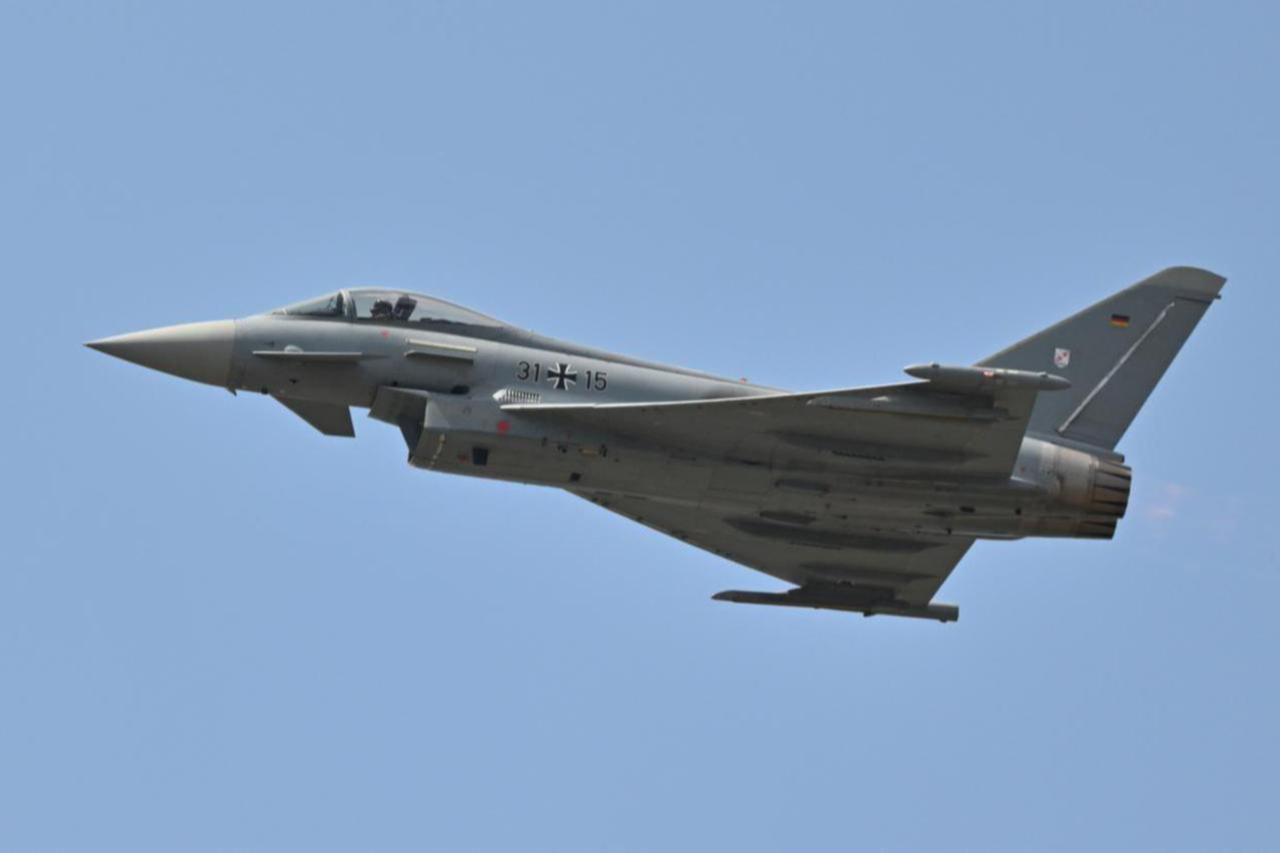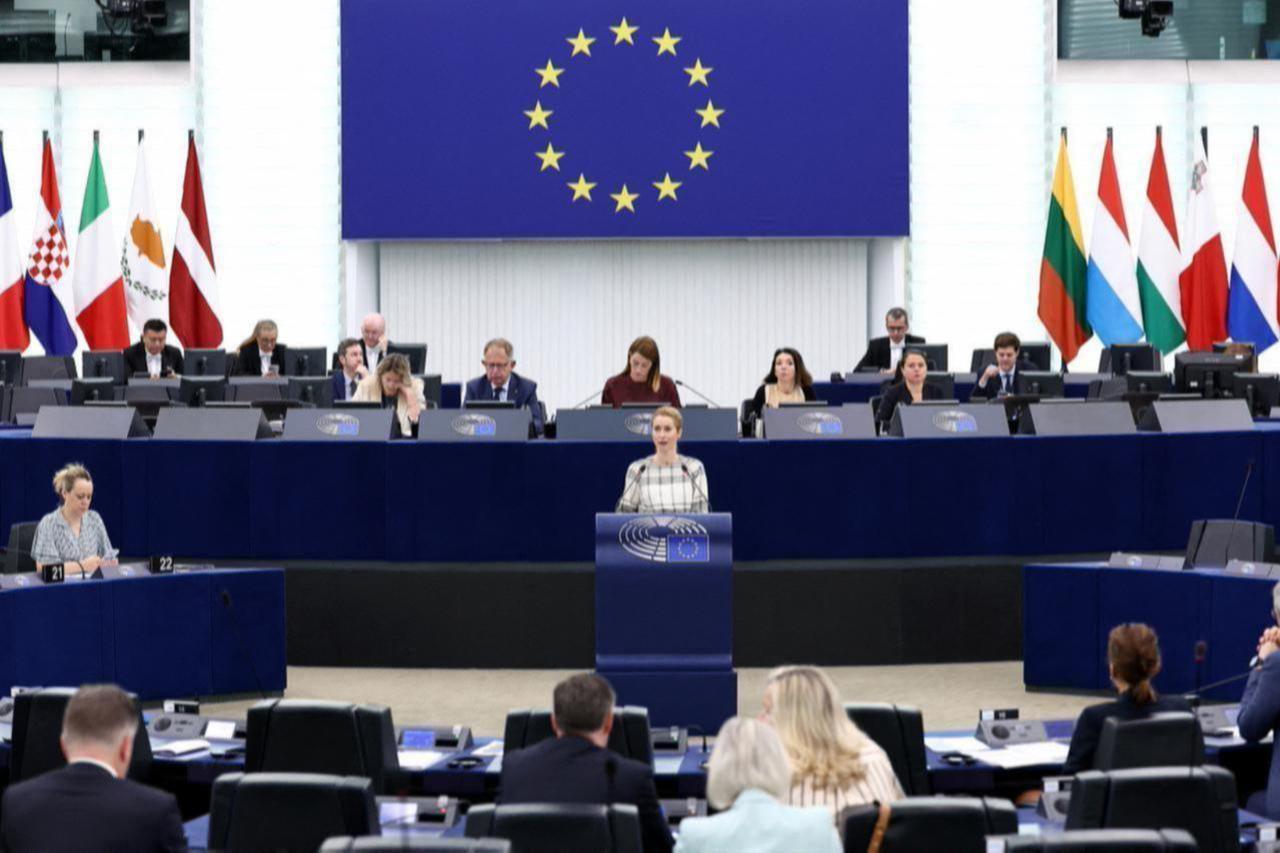
The European Parliament on Tuesday approved the European Defense Industry Program, the first EU-wide initiative designed to coordinate defense production and procurement across member states while channeling support to Ukraine's struggling defense sector.
The program allocates €1.5 billion ($1.7 billion) in funding, with €300 million dedicated to the Ukraine Support Instrument. An additional fund targeting defense supply chain transformation will receive at least €150 million in supplementary contributions, with further financing secured through the Security Action for Europe instrument.
EU Commissioner for Defense Andrius Kubilius characterized the initiative as a shift from crisis-driven improvisation to systematic planning. The program provides what he called a "toolbox of crisis response measures" to guarantee access to defense products and strengthen supply security throughout the bloc.

The legislation establishes legal parameters for defense projects classified as having common European interest. Each project must involve at least four member states, though Ukraine is permitted to participate despite its non-member status.
Under the program's "buy European" provisions, any defense products seeking EU funding must source at least 65% of their components from member states or associated countries. The restriction aims to reduce dependence on external suppliers while building domestic industrial capacity.
Rapporteurs Raphael Glucksmann and Francois-Xavier Bellamy, both French members of parliament, responded to opposition from colleagues across the political spectrum. Glucksmann contended that rejecting the program would weaken European sovereignty, while Bellamy cautioned that prioritizing social spending while neglecting defense preparedness would leave the continent exposed to security threats.
The measure passed with 457 votes in favor and 148 against, with 33 abstentions. The legislation now requires formal endorsement from EU member states before publication in the Official Journal, after which it will enter into force.
The program represents the EU's most comprehensive attempt to coordinate defense manufacturing since member states have historically maintained separate procurement systems and industrial policies. European defense production has faced strain following increased military aid commitments to Ukraine since 2022.